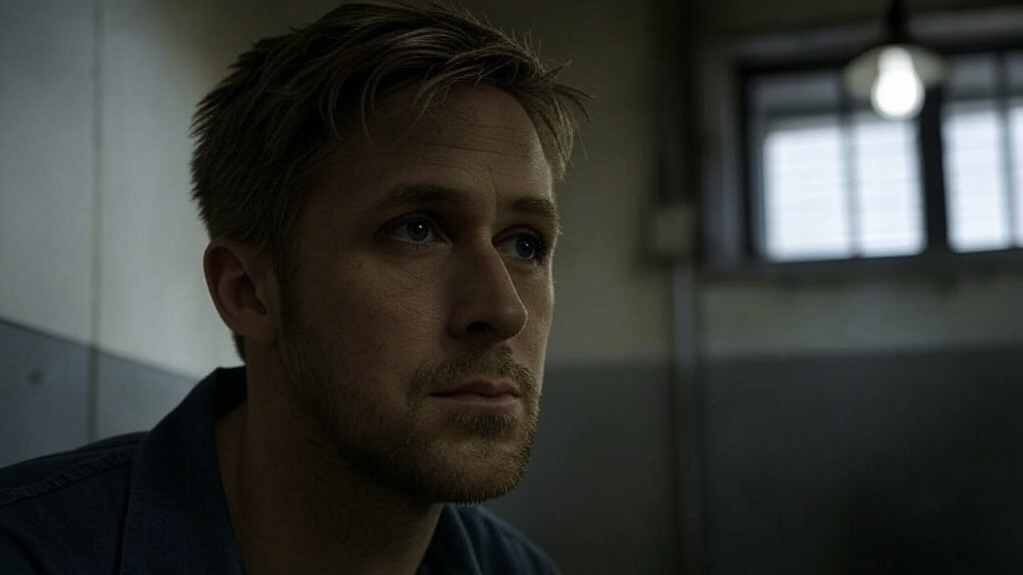FREE CITY — When Isaiah Cedrick, known to many simply as “Zay,” walked out of Prison Isle’s gates last week, the city barely noticed. But for those who remember the media firestorm a decade ago — the grainy surveillance footage, the headlines screaming “Hate Crime Horror”, the protests both for and against him — his release has reopened a painful chapter in Free City’s turbulent social history.
Cedrick, now 26, was convicted at the age of sixteen for the brutal assault of an elderly Jewish man outside a corner store in the Chapels district. At the time, prosecutors labeled it a hate crime — one of the most high-profile in recent memory. The trial was swift, the verdict inevitable. The boy who had bounced from foster homes to the streets, who had already racked up a long list of petty crimes, was handed a twenty-year sentence for attempted murder.
But the story, like so many in Free City, was more complicated than it appeared.
Cedrick has always maintained that the attack had nothing to do with religion or race. Speaking through his attorney in 2016 and again in a rare prison interview in 2021, he claimed the victim was not a random elder but an alleged human trafficker with ties to the powerful Cohen crime family — one of the city’s oldest and most secretive syndicates. No charges were ever filed against the victim, who later died of unrelated causes.
Civil rights groups and youth advocates argued at the time that Zay was made into a scapegoat. “He was a child, failed by every institution — child welfare, education, the justice system,” said Marla Rios, director of the Free City Youth Coalition. “They branded him a monster to preserve the city’s sense of order.”
Malcolm Greaves, the then-District Attorney who prosecuted Zay, defended the decision in a statement this week: “Given the gravity of the violence and the public safety concerns, our office pursued the charges with the evidence available. The case was not about politics. It was about justice.”
Now, a decade later, Zay is free — and silent. Since his release, he has avoided interviews, though sources close to him suggest he may be preparing to speak publicly for the first time. His reappearance has already sparked renewed debates online, with some calling him a “symbol of resilience,” and others insisting he remains unrepentant.
Free City itself is a different place than it was ten years ago. But for many, Zay’s return is a reminder of the questions the city never answered: Who do we protect? Who do we punish? And what happens when a child becomes a criminal in the eyes of the law — and then, just maybe, something else entirely?
Cedrick’s path forward remains uncertain. But one thing is clear: his story is far from over.


No Comments.